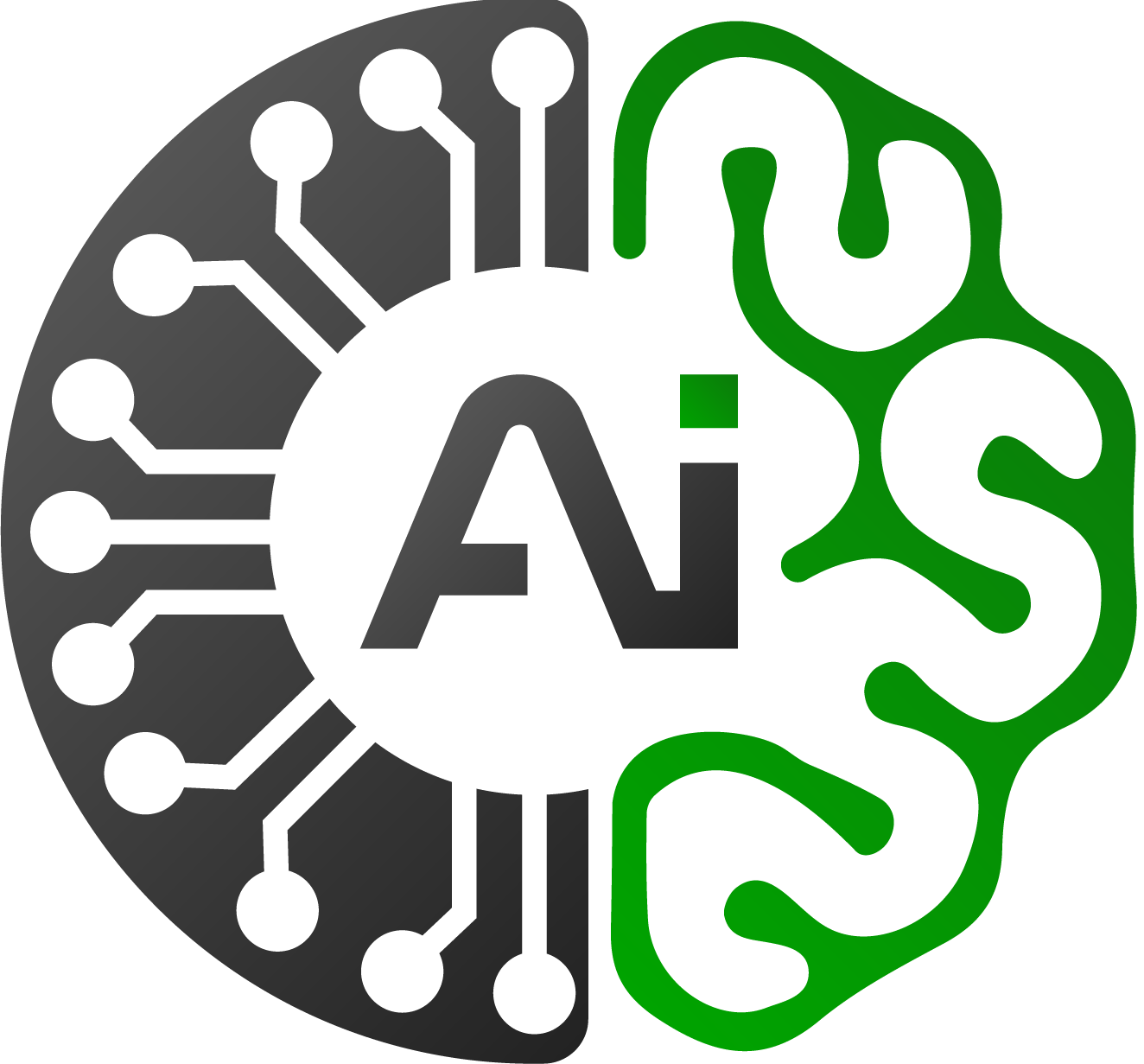
Artificial intelligence (AI) holds immense potential for progress across Africa, but its development and deployment raise critical ethical questions which call for the need of Ethical Considerations
This blog post delves into the core principles of ethical AI, exploring concerns around fairness, transparency, data privacy, and accountability.
We’ll also discuss best practices to ensure AI is developed and used responsibly, fostering trust and maximizing its positive impact on the continent.
Introduction to AI Ethics
As AI becomes more sophisticated and integrated into our lives, ensuring its ethical development is paramount.
AI ethics is a branch of applied ethics that focuses on the development and use of AI systems in a way that is fair, just, and beneficial to society. Here are some core principles to consider:
- Beneficence: AI systems should be designed and used to benefit humanity and the environment.
- Non-maleficence: AI systems should not cause harm to individuals or society.
- Justice: AI systems should be fair and unbiased in their decision-making.
- Transparency: AI systems should be understandable and explainable, allowing for human oversight and accountability.
- Privacy: AI systems should respect user privacy by collecting, storing, and using data responsibly.
- Accountability: There should be clear mechanisms to identify and address any negative consequences arising from AI systems.
By adhering to these principles, we can ensure AI development in Africa aligns with human values and promotes a positive future for Africa.
Fairness and Bias in AI Algorithms
One of the most significant concerns surrounding AI is the potential for bias. AI algorithms can perpetuate societal biases present in the data they are trained on.
This can lead to discriminatory outcomes, for example, in loan applications, facial recognition software, or recruitment processes.
Here’s how bias can creep into AI systems:
- Biased Data Sets: If the data used to train an algorithm reflects existing biases, the model will learn and amplify those biases. For example, a loan approval algorithm trained on historical data that disproportionately rejected loans from certain demographics might continue this bias.
- Algorithmic Design Choices: The way an algorithm is designed can introduce bias. For instance, facial recognition software trained primarily on images of one race might struggle to accurately identify faces of other races.
Combating bias in AI requires a proactive approach:
- Diversity in Data Sets: Actively collecting and using diverse datasets that represent the intended population can help mitigate bias.
- Algorithmic Fairness Audits: Regularly auditing algorithms to detect and address potential biases is crucial.
- Human Oversight: Maintaining human oversight in decision-making processes involving AI helps ensure fairness and accountability.
Transparency and Accountability in AI Systems
Another critical consideration is transparency. Often, AI systems are complex “black boxes” where the rationale behind their decisions is unclear.
This lack of transparency can erode trust and make it difficult to identify and address potential issues.
Here’s why transparency in AI is important:
- Understanding Decision-Making: Transparency allows us to understand how AI systems arrive at their conclusions. This is essential for ensuring fairness and addressing potential biases.
- Building Trust: Transparency fosters trust in AI systems. Users need to feel confident that AI is being used responsibly and ethically.
- Accountability: Transparency facilitates accountability. If an AI system makes a mistake, we need to be able to understand why and who is responsible.
Promoting transparency in AI development involves:
- Explainable AI (XAI): Developing AI models that can explain their reasoning in a human-understandable way.
- Documentation and Disclosure: Provide clear documentation of how AI systems work and the data they use.
- Public Scrutiny: Encouraging open dialogue and public scrutiny of AI development and deployment.
Data Privacy and Security in AI Applications
AI development and use rely heavily on data. However, data collection and storage raise privacy concerns. Here’s what needs to be considered:
- Informed Consent: Individuals should be informed about how their data is being collected, used, and stored when it’s used to train AI models.
- Data Security: Robust security measures are essential to protect sensitive data from unauthorized access, misuse, or breaches.
- Data Minimization: Collecting only the data necessary for a specific AI application and anonymizing data whenever possible helps safeguard privacy.
Building trust in AI necessitates upholding strong data privacy and security practices.
Best Practices for Ethical AI Development
By adopting these best practices, we can ensure that AI is developed and used responsibly in Africa:
- Embed Ethics in the Development Process: Integrate ethical considerations throughout the AI development lifecycle, from design to deployment.
- Diversity and Inclusion in AI Teams: Encourage diverse and inclusive AI development teams to identify and address potential biases from different perspectives.
- Public Engagement and Education: Promote public engagement and education about Educate the public about AI and its potential benefits and risks, fostering informed discussions about its development and use.
- Regulation and Governance: Develop appropriate regulations and governance frameworks to guide ethical AI development and deployment in Africa.
- Collaboration and Knowledge Sharing: Encourage collaboration and knowledge sharing among stakeholders in the AI ecosystem, including researchers, developers, policymakers, and civil society organizations.
By following these practices, Africa can establish itself as a leader in responsible AI development, ensuring that this powerful technology benefits all its citizens.
Conclusion: Building a Future Powered by Ethical AI
AI holds immense promise for Africa’s economic growth, social progress, and environmental sustainability.
However, ethical considerations must be at the forefront of its development and deployment.
By adhering to principles of fairness, transparency, accountability, and data privacy, we can build trustworthy AI that empowers individuals, fosters innovation, and paves the way for a brighter future for Africa.
Let’s work together to harness the power of AI for good and build a future where technology serves humanity.
Here at Cognitive AI Technologies, we are committed to developing and deploying AI solutions that are ethical, responsible, and beneficial to Africa. We invite you to join us on this journey!
